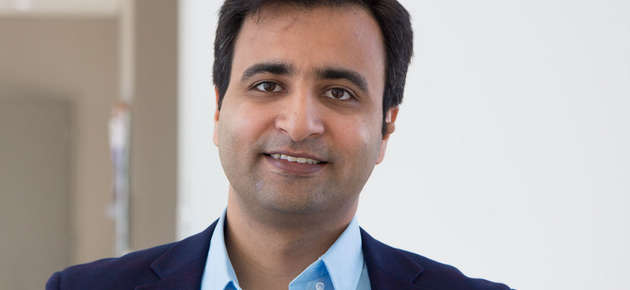Dissertation: Open innovation needs rules and reliable partners – avoid the risks of ...


His study presents research results that show that collaboration in the field of innovative product development must follow a set of rules if firms really want to benefit from open innovation and boost their performance. He defends his thesis at the School of Technology and Innovations, University of Vaasa, Finland.
For his research, Zafar examined 60 innovative firms from 20 countries and found that, if used wisely, a set of guidelines for open innovation in product development can benefit partnering firms without eroding each other’s R&D capabilities.
“Data leakage, copying of data, exposing of data and partial outsourcing can cause leakage of sensitive information too. Outsourcing providers fail to understand Standard Operating Procedures (SOPs) while cooperating. So, always check the reliability and credibility of the provider whom you are sharing your data with,” states Zafar.
It has been observed in the past that firms generally prefer cheaper or more affordable partners for outsourcing R&D, which in many cases has backfired badly. According to Zafar, partnership contracts should be focused more on reliability, flexibility and the country environment, rather than on the price offered to accomplish a required task.
According to Zafar, “when a co-relation is built up between the two partners, there must be mutual working and transferring of knowledge and technology required between them.” Therefore, a careful evaluation of contracts for outsourcing innovation, as well as an assessment of their future possible effects on the R&D capabilities of the firms involved (based on a set of rules), are highly necessary.
A flexible innovation provider is a blessing in product development
Zafar also studied the factors that affect the quality of externally provided innovation, as well as their impact on overall firm performance. He identified six important factors that directly or indirectly affect firm growth during a partnership with an external provider.
He found that flexibility is an important factor that plays a vital role in the selection of a partner for outsourced innovation, especially in the pharmaceutical sector.
Speedy product development helps to maintain competitiveness in the market
According to Zafar, speeding up the overall product development process (while maintaining quality) also has a positive effect on business performance. All companies want to enhance their competitiveness through better and quicker innovation and product development. External providers who make big promises but are slow in their response should be avoided.
Zafar’s study reveals that government rules regarding intellectual property rights (IPRs) in a firm’s country of origin are not always a game changer in terms of enhancing the R&D capabilities of that firm.
“This means the performance of the outsourced product is not directly impacted by the cultural differences between providers and the parent company, the institutional differences between the two partners, the laws of the provider’s country on IPRs, and the provider’s own policies on IPRs”, says Zafar.
For example, many recent innovations have originated in developing countries, which have considerable cultural and institutional differences compared to developed countries. And yet, Asia, Europe and North America continue to be able to collaborate in the field of innovation. Therefore, it can be said that outsourcing innovation in product development has become a borderless phenomenon. Zafar’s dissertation also offers a wide range of information regarding the outsourcing of innovation in the rapidly growing pharmaceutical and ICT industries in Finland.
Further Information
Afnan Zafar, afnan.zafar(at)uwasa.fi
Afnan was born in Lahore, Pakistan. He has a bachelor’s degree in Pharmaceutical Sciences (PharmD) from University of Punjab, Lahore and M.Sc. degree in Industrial Management from the School of Technology and Innovations, University of Vaasa.
Zafar, Afnan (2019) The Outsourcing Innovation Paradox : A Company’s Growth Option or a Risk to R&D Capabilities. Acta Wasaensia 418. Doctoral Dissertation. University of Vaasa. Vaasan yliopisto.
Publication pdf: http://urn.fi/URN:ISBN:978-952-476-853-5
Public defence
The public examination of M.Sc. Afnan Zafar’s doctoral dissertation “The Outsourcing Innovation Paradox: A Company’s Growth Option or a Risk to R&D Capabilities” will be held on Friday 26 April 2019 at noon in auditorium Nissi (Tritonia), University of Vaasa. The field of the dissertation is Industrial Management.
Professor Stefan Trzclienski (Poznan University of Technology) will act as an opponent and professor Jussi Kantola (University of Vaasa) as a custos.